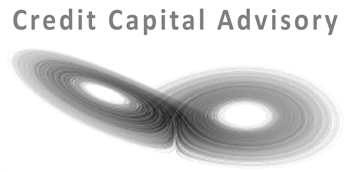Insight into the Impact of Credit Disequilibrium on Financial Markets
The US economy: down but definitely not out
The US equity market has had a surprising rebound this summer; rallying more than 17% between mid-June to mid-August. The narrative for the first half of the year had been focused on a pending recession, given that a sustained decline in economic output tends to...
Pension fund deficits and flawed approaches to asset allocation
Making the right asset allocation decision is critical if pension funds are to generate sufficient returns to meet their liabilities. A recent analysis by GlobalSWF indicates that US public pension funds are only 75% funded and face a $1.3 trillion shortfall. Other...
Inflation and the Fragility of the Liberal International Order
Private property plays a central role in liberal democracies as it protects a company’s right to contract with other agents in order to generate an income stream from its assets. Knowing that financial claims from contracts will be protected facilitates the trading of...
Investors need to be wary of Biden’s increasing protectionist stance
The “Three Amigos Summit” on 18 November in Washington D.C. appeared to reinforce Joe Biden’s shift towards Trumpian protectionism. President Biden refused to budge from his position of using tax credits to support domestic production of electrical vehicles,...
Why cheap markets such as the UK are likely to remain cheap
Credit cycle investors have performed on par with the S&P 500 since the beginning of March, with an allocation to US banks followed by US Industrials generating returns of just over 16%. This performance beat Nasdaq, which increased by just under 12%, global...
A New Credit Cycle for the US Economy and What it Means for Investors
Credit cycles play a key role in the pricing of financial assets. Throughout history, periodic jumps in default rates - from the railroad crash in the late 1870s, the bank panic of the 1890s and the Great Depression, through to the dot-com crash and global financial...
